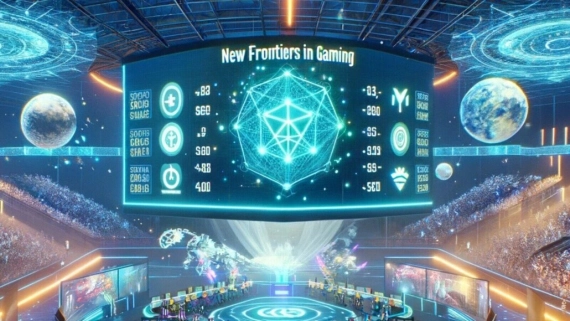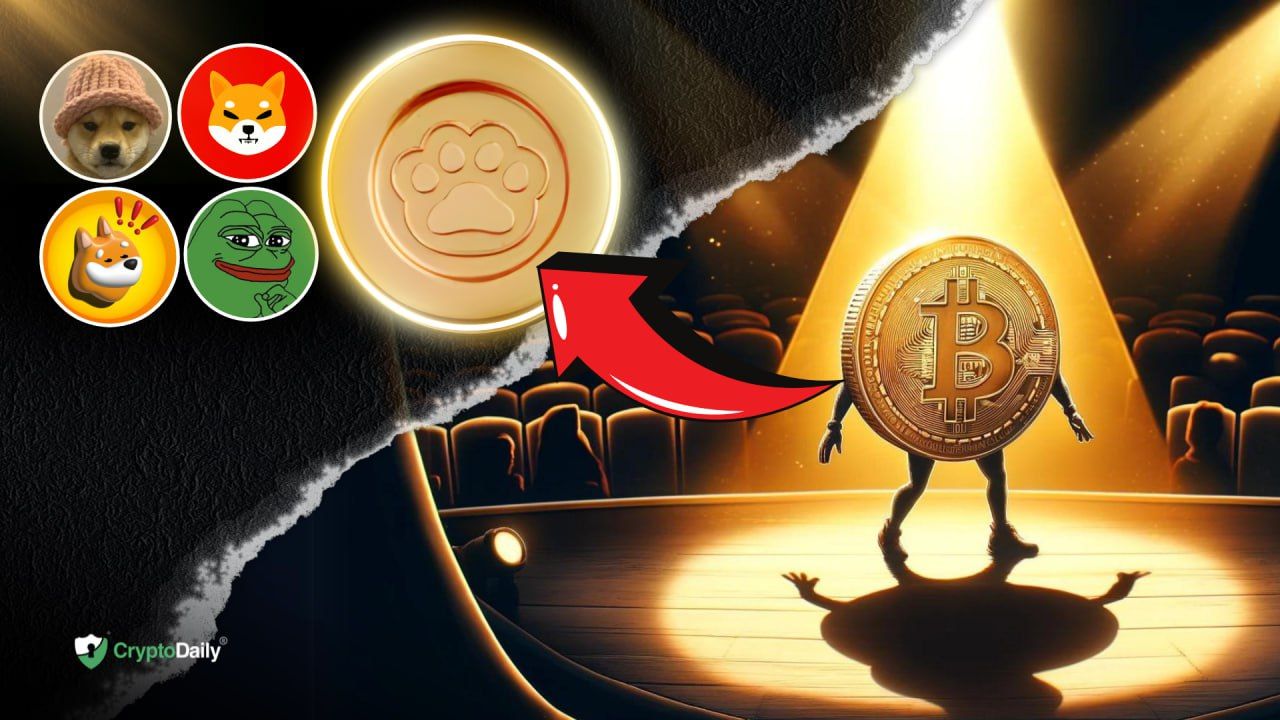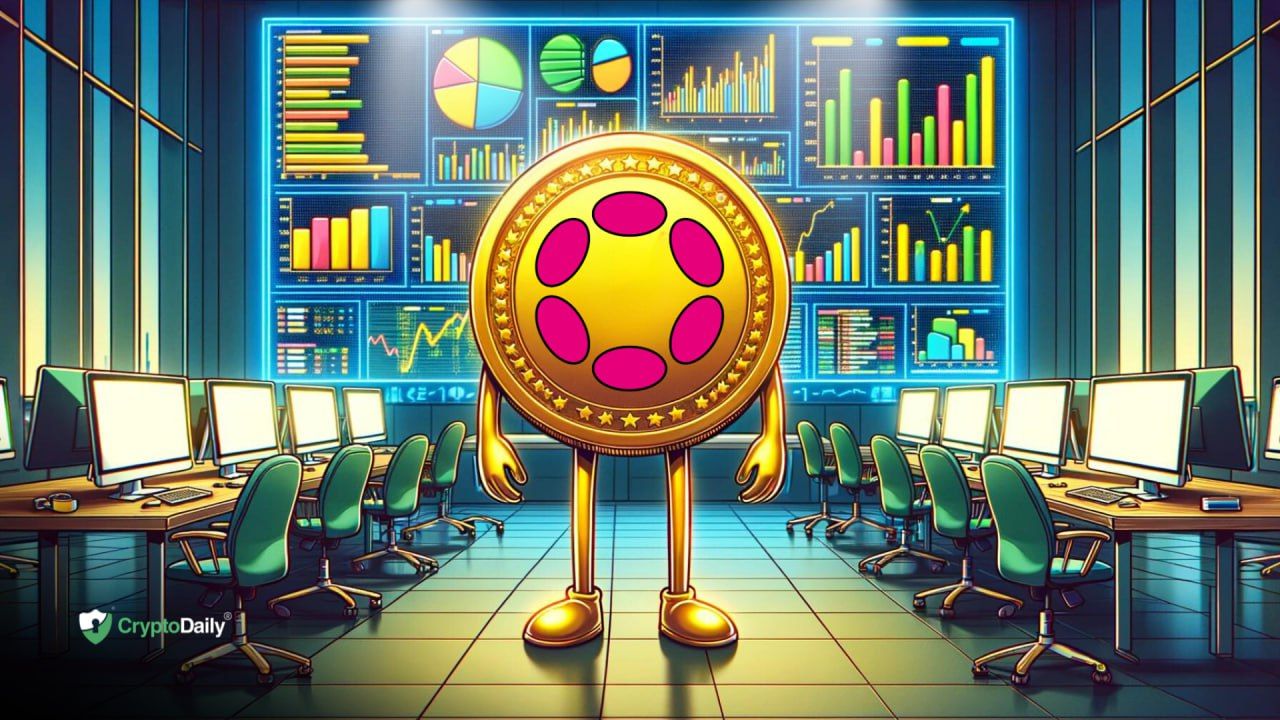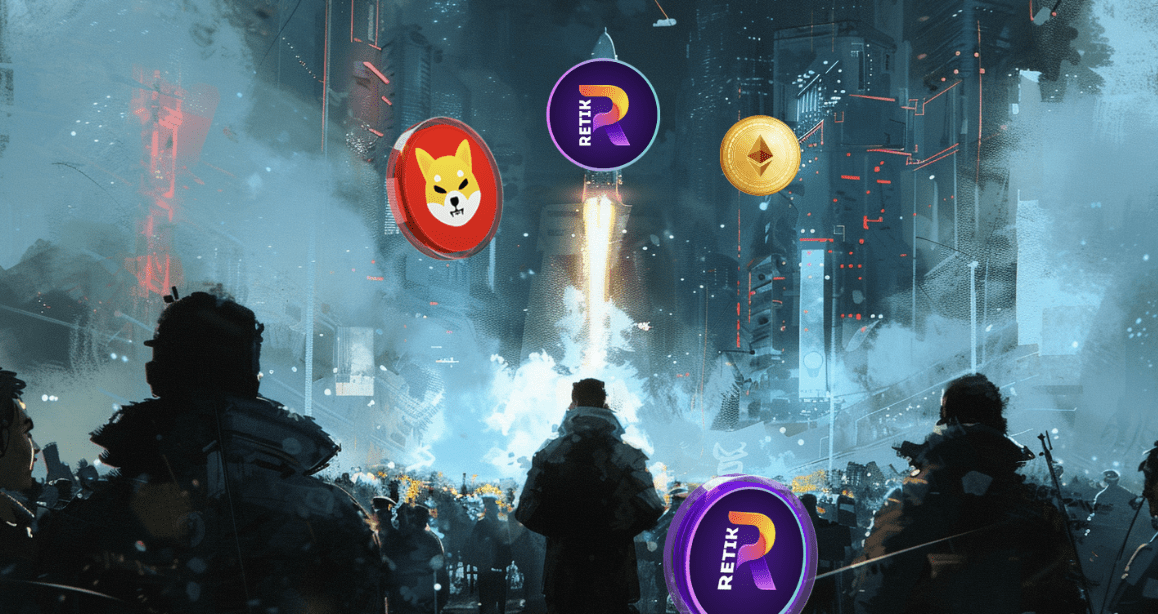
Table of Contents
- Exploring the Synergy Between Blockchain and Competitive Gaming
- Case Studies in Blockchain Integration: Dark Machine and Illuvium
- Conclusion: Shaping the Future of Gaming and Esports
The esports sector is undergoing a seismic shift, propelled by the integration of blockchain technology. This evolution is not merely enhancing the gaming experience but is also redefining the economic landscape for players and fans. Blockchain introduces an array of benefits such as asset ownership, enhanced security, and a new level of engagement, setting the stage for a revolution in how competitive gaming operates and thrives in a digital-first world.
Exploring the Synergy Between Blockchain and Competitive Gaming
At the core of blockchain gaming's appeal is the ability for players to truly own their in-game assets. These assets, often in the form of non-fungible tokens (NFTs), can carry significant real-world value and are freely transferable outside the gaming ecosystem. Moreover, blockchain technology assures that the competitions are fair and the rewards just, through automated and transparent prize distributions facilitated by smart contracts.
Blockchain’s impact extends beyond gameplay and into the realm of accessibility and inclusion. By decentralizing the entry points, blockchain reduces barriers, enabling a more global participation in esports. This democratization not only enhances player bases but also diversifies the talent pool, thereby enriching the competitive landscape. Furthermore, the implementation of blockchain fosters a transparent and secure environment, essential for the digital-native audience that demands integrity and privacy in their online interactions.
Two prime examples of these innovations at work are MetaX's "Dark Machine" and the fantasy RPG "Illuvium."
Case Studies in Blockchain Integration: Dark Machine and Illuvium
MetaX's "Dark Machine" exemplifies the profound impact of blockchain on esports through its innovative use of technology and design. This third-person shooter is not only about skill and strategy but also incorporates blockchain to deepen player engagement and provide a framework for decentralized competition. Built on the powerful Unreal Engine, Dark Machine offers transformative gameplay where mechs can be dynamically combined and expanded, heightening the intensity and scale of battles.
Illuvium, on the other hand, is a decentralized 3D open-world fantasy RPG that immerses players in a vast landscape where they can capture mystical creatures known as Illuvials. Utilizing the Unreal Engine, Illuvium offers a high-quality, AAA gaming experience with battles coded in C++, ensuring both reliability and high fidelity. Players can mint captured Illuvials as NFTs, adding a layer of strategy and ownership to the gaming experience.
6 Best GameFi Crypto Projects in 2024
Both games leverage blockchain to enhance player autonomy and market maturity, demonstrating the potential of decentralized technologies in competitive gaming
Conclusion: Shaping the Future of Gaming and Esports
Blockchain is poised to redefine the very fabric of esports, providing mechanisms for improved gameplay, governance, and economic models. As seen with Dark Machine and Illuvium, blockchain's potential to enhance player autonomy and market maturity is vast. This technological synergy not only promises more immersive and equitable gaming experiences but also heralds a new era where gaming is more connected, secure, and reflective of its community’s values. As blockchain continues to meld with esports, it is set to create a new standard for the global gaming community, ensuring that the future of gaming is as exciting as it is inclusive.
Disclaimer: This article is provided for informational purposes only. It is not offered or intended to be used as legal, tax, investment, financial, or other advice.
Read on CoinCodex Investment Disclaimer






